Organic Livestock Certification
There is a large community of certified organic farmers within New Zealand.
Working with each other and BioGro to ensure you maintain the standards necessary for organic certification.
We have been certifying livestock farms since day 1, with a dedicated team that has specialist knowledge in organic farming.
Scroll below to find out how you can become certified organic on our livestock programme.
Certification can take up to 3 years.
BioGro help you every step of the way, below we explain how your organic journey would look from start to finish.
Expression of Interest
Tell us you're interested in organic certification.
We are available for contact on weekdays between 9-5, with a whole team eager to help you. The quickest route for contact is to register your interest.
Alternatively, you can email us using info[at]biogro.co.nz or call us on 04-801 9741.
Organic Certification Webinar
If you or your business are new to organics, our Organic Certification Webinars are a great opportunity to learn more about the certification process, hosted by experts from the BioGro team.
If this sounds like something that you could benefit from, be sure to sign up - so, what are you waiting for?
Initial Assessment
Once you’ve reached out to BioGro, we will get in contact to find out more about you and your situation. After this initial discussion, if you are still committed to starting your organic journey, the below outlines what this will look like;
We will ask you to complete and send a short Application Form, we will invoice you on receipt of your application.
BioGro will set you up with your own personal log-in. Once we get you online, we will ask you to fill out the online forms.
Once the certification fee has been paid, BioGro will assess your application.
Whilst assessing your application, BioGro will arrange for an auditor to visit your operation to carry out an on-site inspection.
Following a satisfactory audit report, we issue you with certification, and supply you with our highly recognised logo. We then require a copy of the product label(s) for us to assess and approve before you go to print
What we will ask for
It is crucial that you send us all necessary documentation, and ensure that all online forms are filled out carefully and correctly. We will give you guidance during this stage - below we list a handful of information we will ask for, but not limited to;
Site Map
Declaration of LPI
Soil Test (Nutrient and Multi-residue)
Conversion Plan (If applicable)
Neighbour Notification Letter
Parallel Production Procedures (If applicable)
Cost
The annual cost of certification is $2046 plus label approval fees, auditor fees, and G.S.T (auditor fee calculated by region).
Please be aware that there are also small ongoing approval charges.
If you are looking to operate just within the domestic market the annual cost will be $855 plus the additional associated fees. Once you have submitted your application, we will give you a personalised quote.
Timeframe
BioGro certification requires a minimum of 3 years of compliance with the BioGro NZ Organic Standards;
Year 1 - Registration year (CO)
Year 2 - C1 Conversion status
Year 3 - C2 Conversion status
Year 4 onwards - fully certified organic
Your first audit will determine the registration start date of your property. To move through each stage of conversion to fully certified, you will need to demonstrate compliance with the BioGro NZ Organic Standards through annual renewal applications and audits.
Once you have achieved full certification you will continue to be audited annually. You will retain your organic status as long as your operation and products continue to comply with the BioGro NZ Organic Standards.
Organic Farm Holdings Ltd - Case Study
Find out how organic certification is an achievable prospect, even if at first it can seem daunting. Running a scale of 14,500 stock units, Organic Farm Holdings describes how operating organically was always in the plan.

